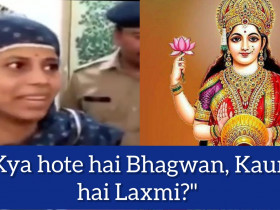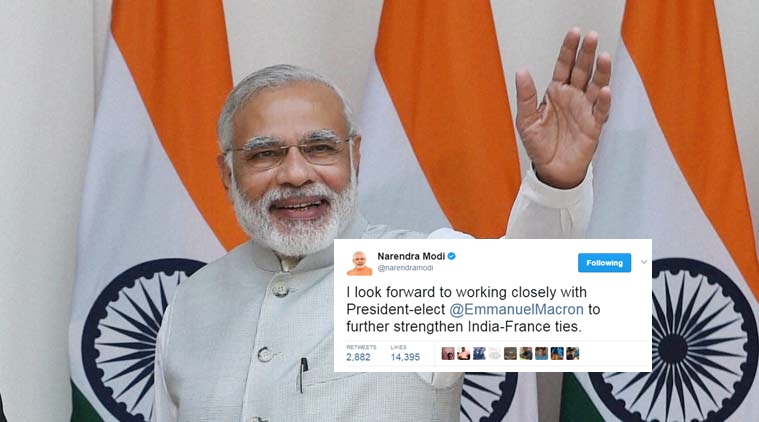No products in the cart.
There are 7 different types of charges on your credit card, you must know them before you avail services
A credit card serves as a financial tool enabling access to diverse services and facilitating purchases. However, it also subjects users to various charges that can augment their bills. It is crucial to have a comprehensive understanding of these charges to manage finances effectively.
Annual Maintenance Charge: This fee is transparent and prominently disclosed by banks. It is levied once a year and varies across different credit cards. Some banks may advertise a zero annual fee, indicating no charges for joining or annual maintenance. However, such offers are typically limited to a specific duration.
Cash advance fee: A cash advance fee is a portion of your credit card limit that can be withdrawn from an ATM, but it’s costly. Withdrawals may incur up to 2.5 times the amount in fees, with a separate interest rate and no interest rebate. Most banks charge Rs 100 to Rs 500 for cash withdrawals.
Over Limit Fee: It depends on the type of your credit card. There is a credit limit with every card, some banks allow you to spend more than that, and some do not. If a cardholder spends more than the limit then banks charge heavy interest on it. Its minimum limit in most banks is Rs 500. This over-limit fee depends on your credit card and bank.
Late Payment Charges: If you can’t pay the full credit card bill, you have the option to pay the minimum amount. However, failure to pay even the minimum incurs late payment fees. The fee depends on the credit card’s statement balance. For instance, if the HDFC credit card statement balance is between Rs 100-500, the late payment fee is Rs 100. For statement balances exceeding Rs 10,001, the late payment fee is Rs 750.
Interest Rate: This is called the Annual Percentage Rate or APR. APR affects your credit card bill. If there is overdue payment remaining with the card, then APR causes huge losses. That is why credit cards are called debt traps because the interest rates on them are many times higher than other loans. But this happens only if you do not deposit the total outstanding bills. For example, if the credit card bill is Rs 15,000 but you paid only Rs 5,000, then the interest of 33-42 percent can be charged on the remaining Rs 10,000.
GST: Whatever transactions are done through credit card, tax is collected under GST. Therefore, before purchasing goods, find out about the tax and its slab. Along with this, GST is charged at the rate of 18 percent on annual fees, interest payments, and processing fees paid on EMI.
Foreign Currency Markup Fee: Banks claim no international transaction fees on credit cards, but they often impose a foreign currency markup fee, varying from 2 to 3.5%. This fee is deducted from the transaction amount, making it crucial for cardholders to be aware of potential charges beforehand.








